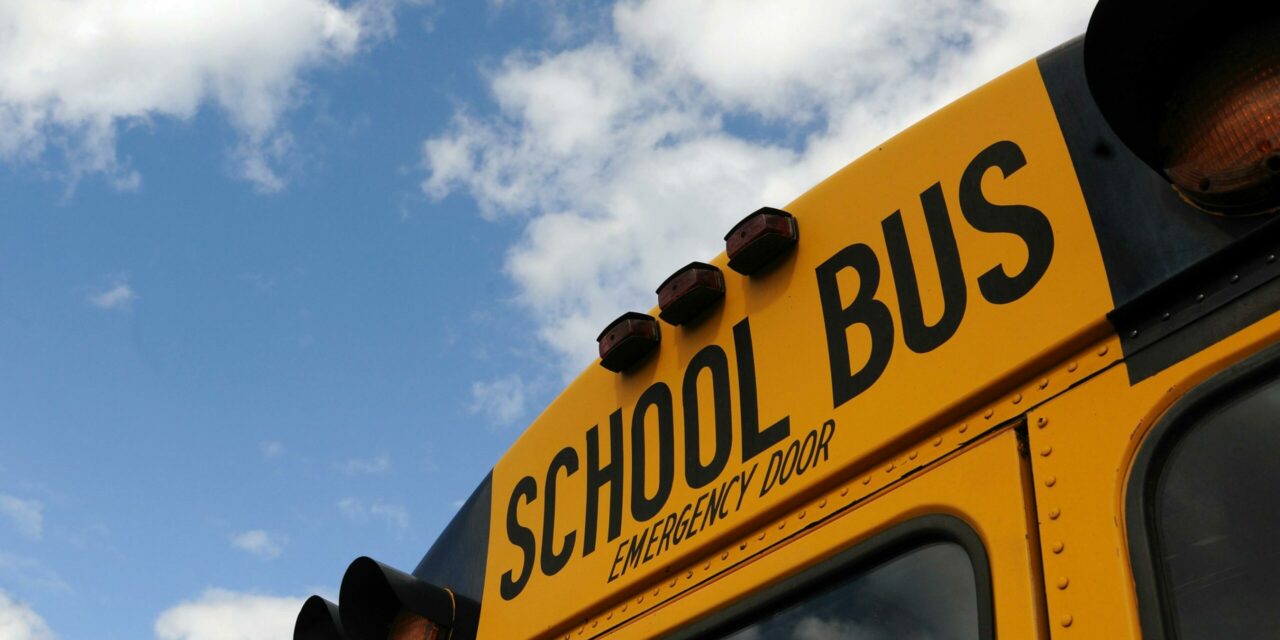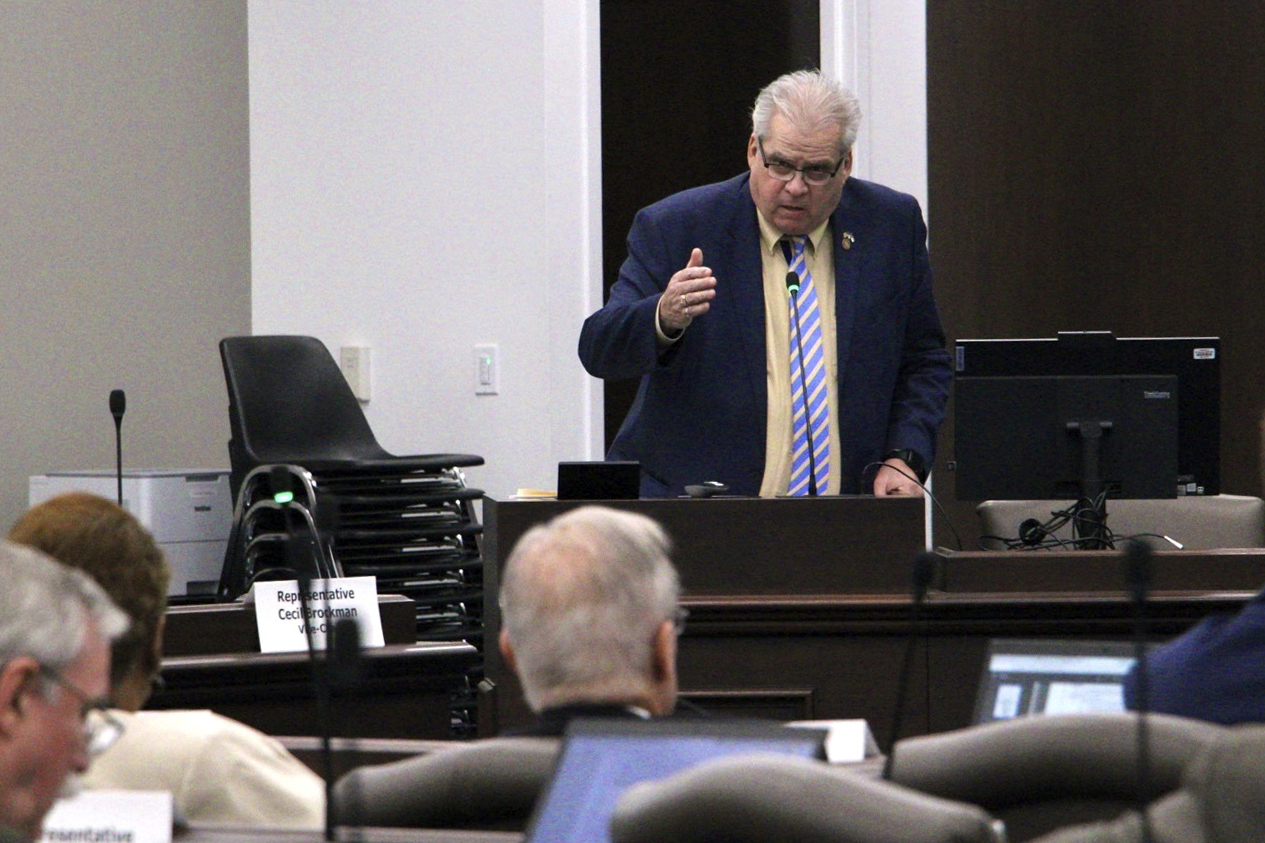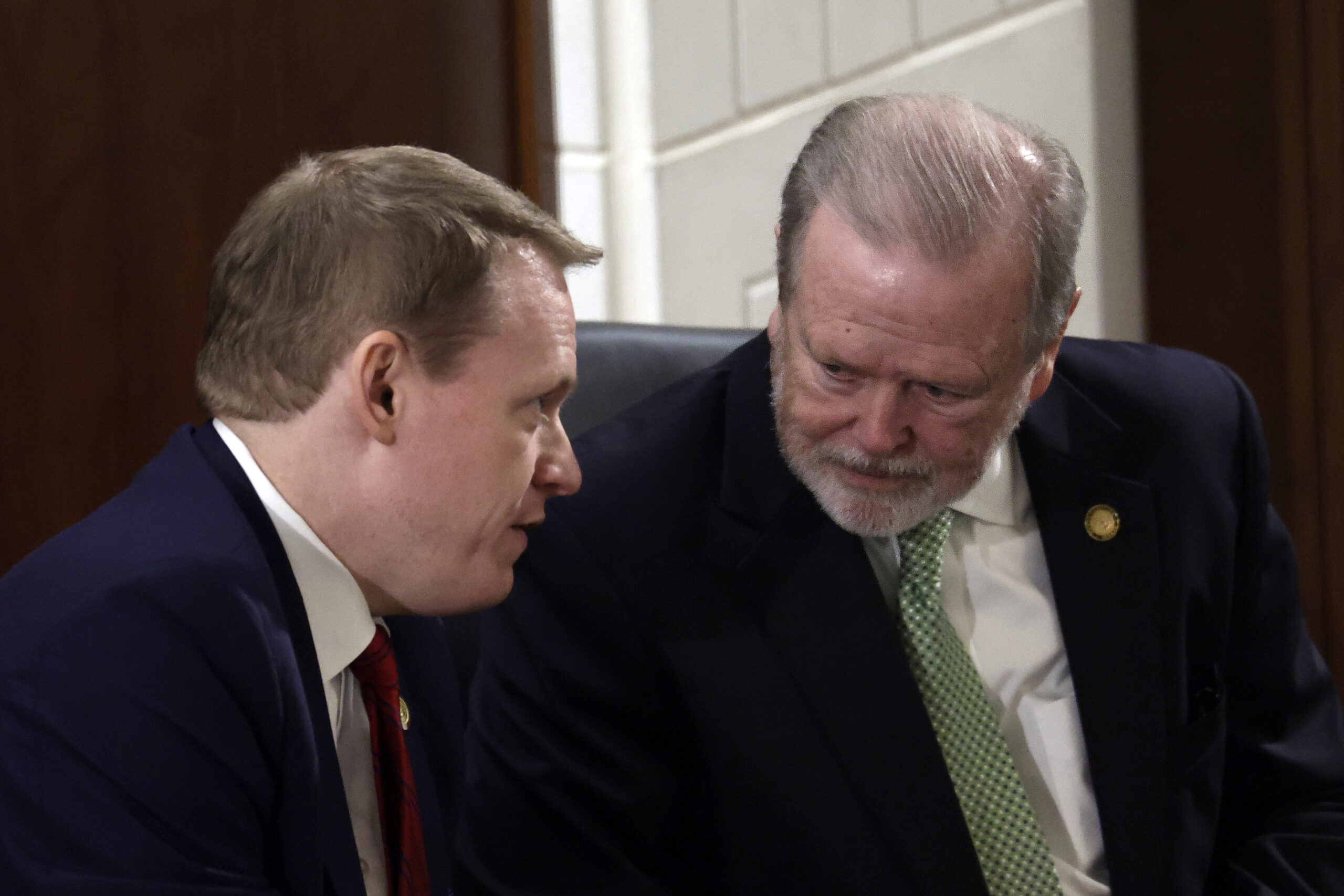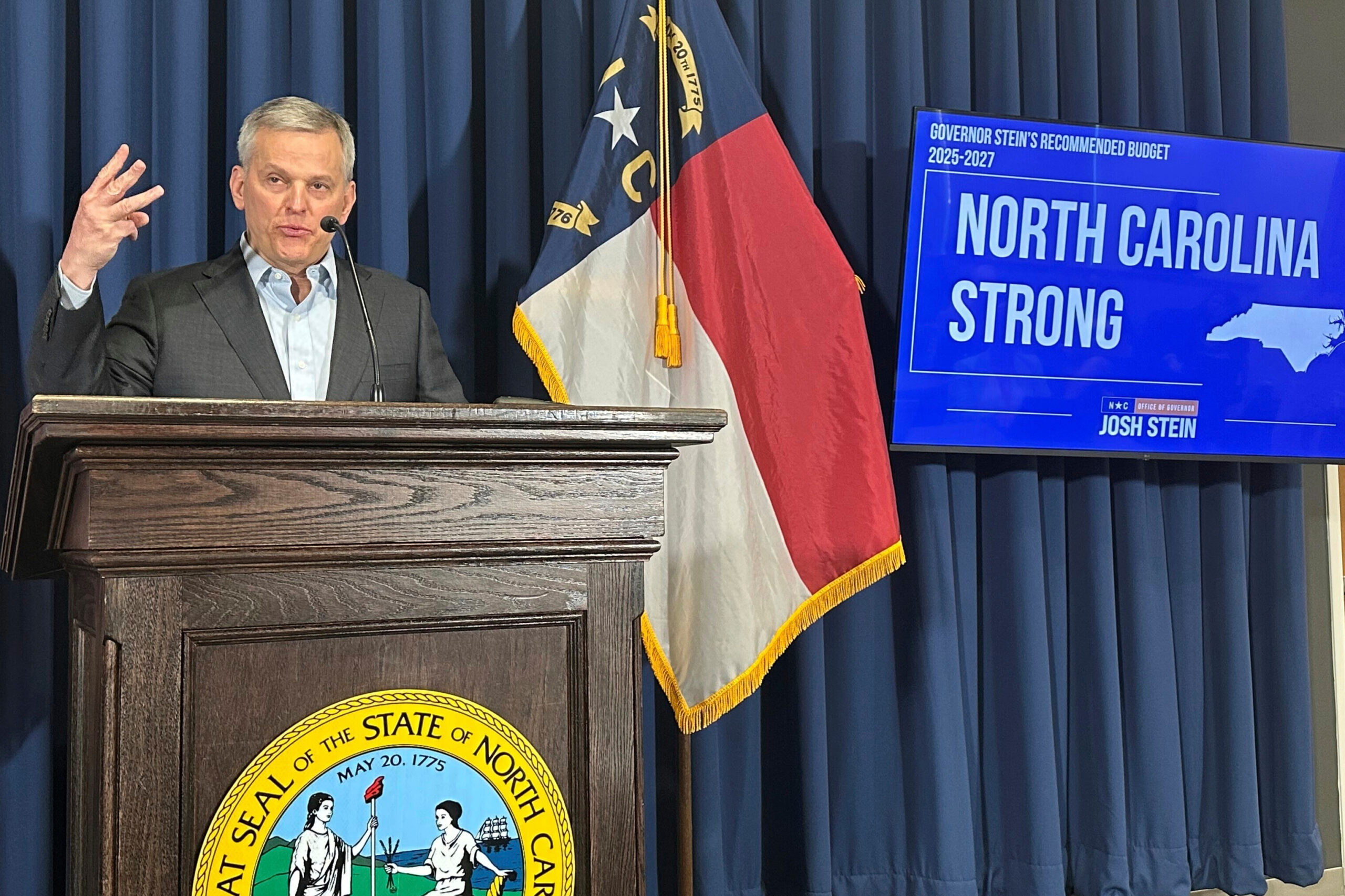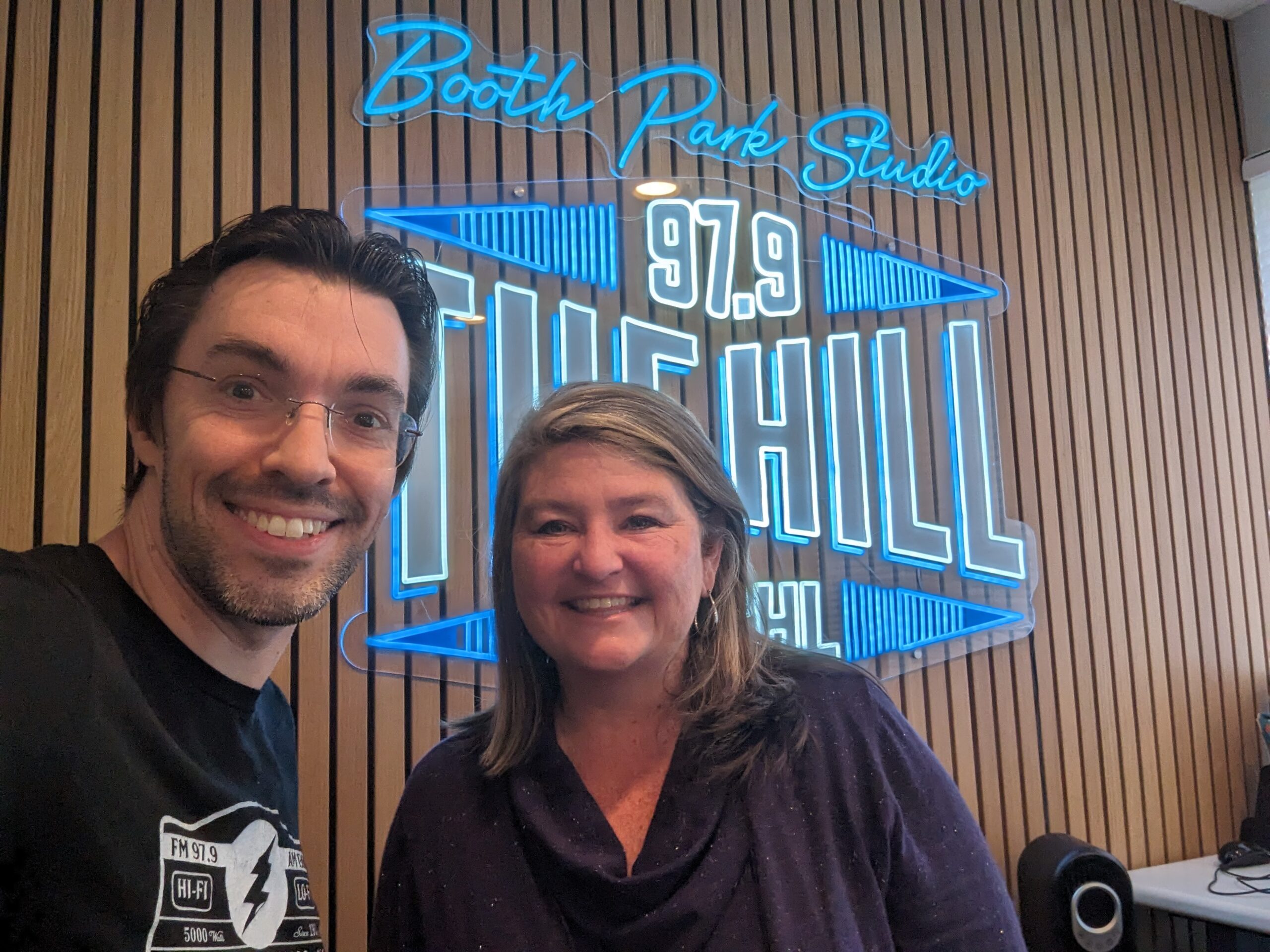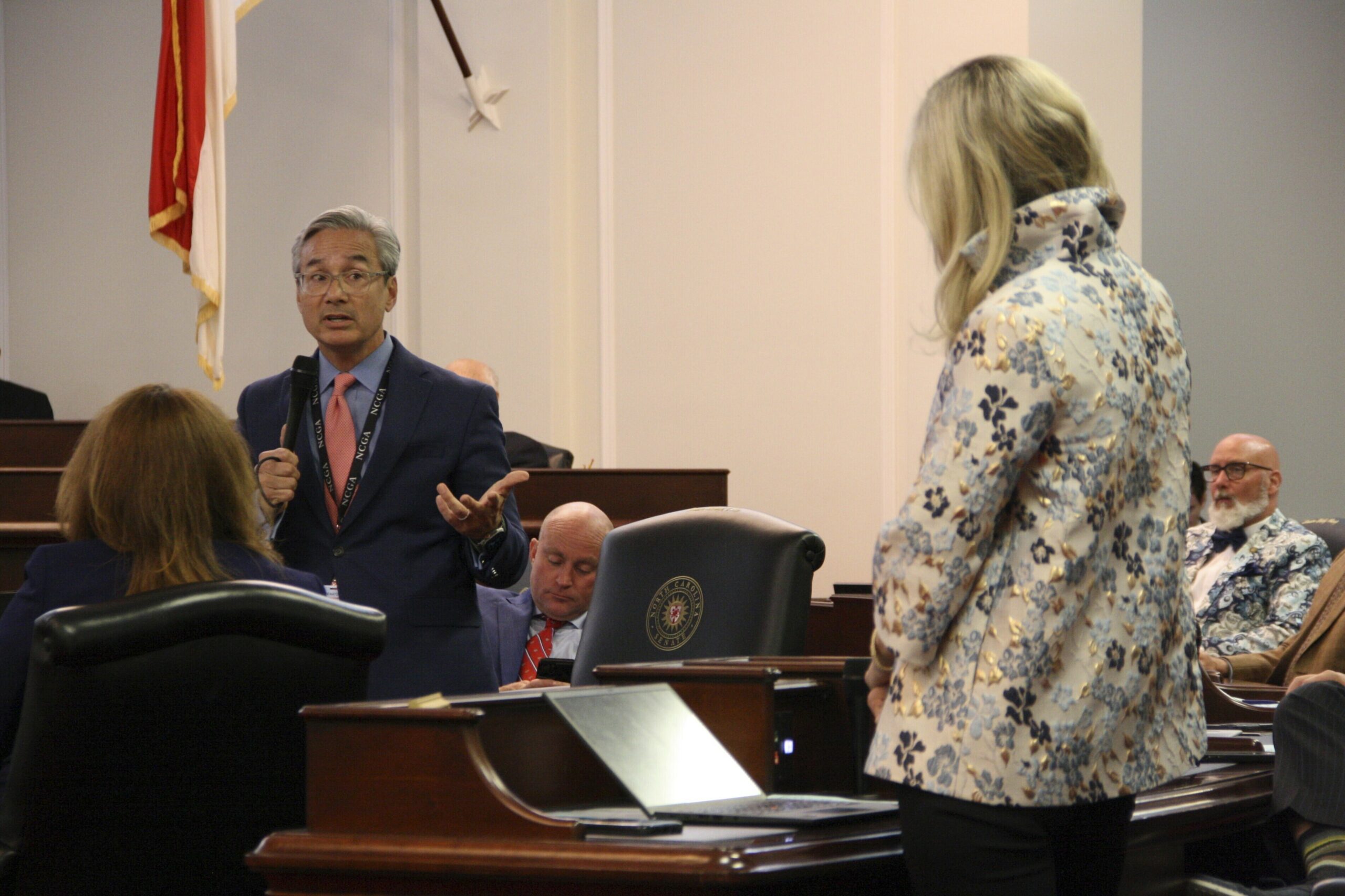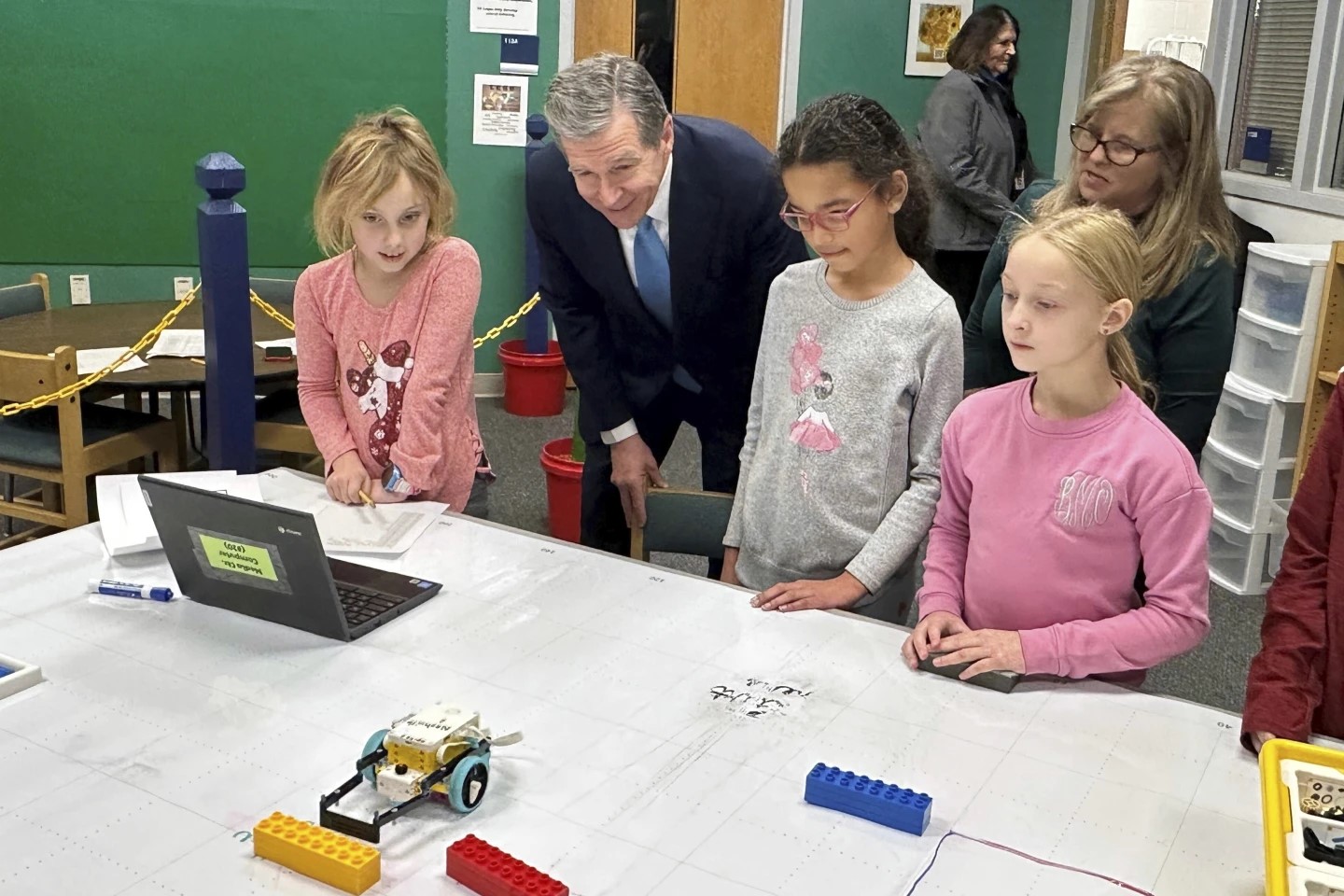Every community depends on public schools to prepare kids for life. When it comes to improving them, the Public School Forum of North Carolina — an education policy nonprofit based out of Raleigh — recently issued a set of four priorities for the General Assembly as it gets its new session started.
To better public schools for the 1.5 million students currently enrolled in them, the group’s top priorities include adequate, equitable, and flexible school funding, increasing teacher salaries, expanding support systems for students, and improved assessment and accountability.
The advocacy group’s President and Executive Director Mary Ann Wolf said Orange County is “lucky” because it heavily invests in its local school districts, but she said that is typically because it is making up for what the state is not funding.
North Carolina currently ranks 49 out of 50 U.S. states in terms of state funding efforts for public education, and it is also in the bottom three for per-student spending. Although Wolf said adequate funding for public education would be in the “billions,” it is important to get the state started on the right path, she recently told 97.9 The Hill.
“We also know that overall if there is adequate funding, we see increases in test scores, increases in college-going rates, increases in life-long income, which means taxes, which can support the revenue of the state long-term as well. It is good for everybody.”
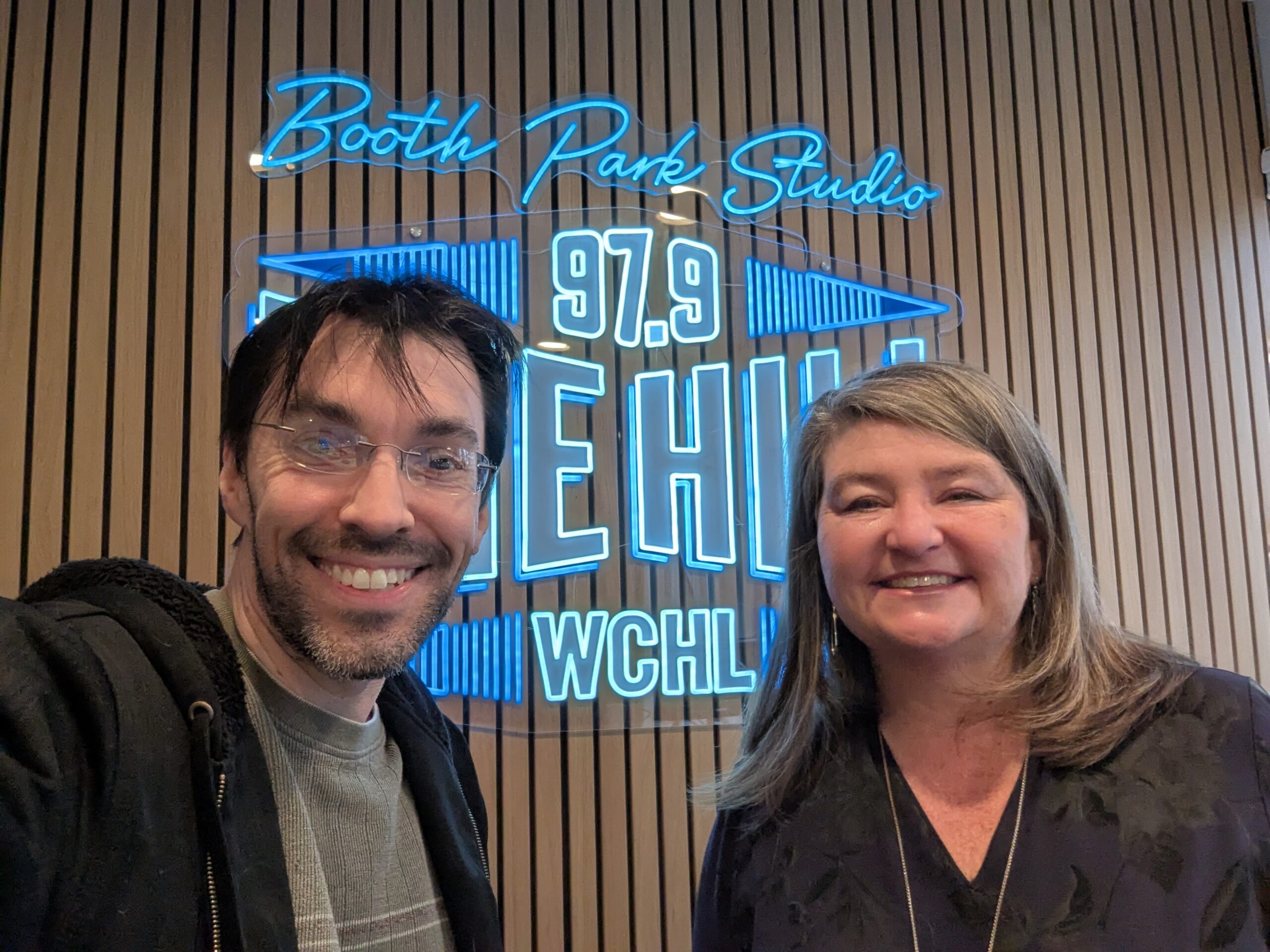
Public School Forum of North Carolina’s President and Executive Director Mary Ann Wolf.
The forum’s first priority asks the General Assembly to emphasize equity in how funds are distributed. Wolf explained how a lot of states allocate funds based on the student needs at each school – giving more resources to schools with English learners, students from low-income families, Exceptional Children’s Services, and gifted programs, for example. But North Carolina is one of ten states that does not.
In general, Wolf said investing in public schools is something a lot of North Carolinians are asking for, citing a recent poll by the advocacy group.
“And what we heard again and again, from 74 percent of people, is they think we need to invest more in our local public schools,” she said. “That was across party lines, across geography lines, across everything else you can think of. And so we were so excited to see that this isn’t a partisan issue, it’s really a North Carolina issue.”
About 80 percent of those surveyed also want to pay teachers more, and the second priority asks to increase teacher base pay to the national average by 2030. Right now, North Carolina is “drastically” lagging behind it, but Wolf said the state has the opportunity to show it respects its teachers.
“A third of our educators make below a livable wage,” she said. “These are the professionals that have gone to school, that are working with your kids, and your grandkids, and your community members. So what can we do to do that?”
Teacher salaries are one reason why North Carolina is losing educators to neighboring states, Wolf continued, citing how this school year alone saw nearly 3,000 teacher vacancies and 5,000 classrooms with uncertified educators.
The group’s third priority to expand mental health programs and staff would be another incentive to attract and retain high-quality teachers, as North Carolina is well below the ratio it is supposed to have for social workers, counselors, and nurses, the executive director explained.
“Which means there are fewer supports for the kids, but also teachers then are trying to take on more in terms of supporting students because they don’t have those people,” she said.
The final priority asks for a new model of measuring a school’s performance, and also for all schools receiving taxpayer dollars to publicly report student outcomes. While hundreds of thousands of public tax dollars are going into private schools in the form of vouchers, Wolf said North Carolina has one of the lowest rates for holding them accountable.
Not only do the current practices make it difficult to assess and compare student progress and success, but Wolf stressed how it is important to show people the outcomes of what their dollars are going into.
Regardless of political party, Wolf said these issues interest a lot of lawmakers. When it comes to moving them forward, she said it will be important to figure out how to work together.
“Having the adequate resources in our schools, making sure our kids are able to participate fully, and reach their potential is the key to all of this,” Wolf said. “And every one of these priorities when you boil it down are just about kids and making sure every kid has what they need to be successful in life.”
To see the full report on the Public School Forum of North Carolina’s Top Education Issues for 2025, click here.
Chapelboro.com does not charge subscription fees, and you can directly support our efforts in local journalism here. Want more of what you see on Chapelboro? Let us bring free local news and community information to you by signing up for our newsletter.

